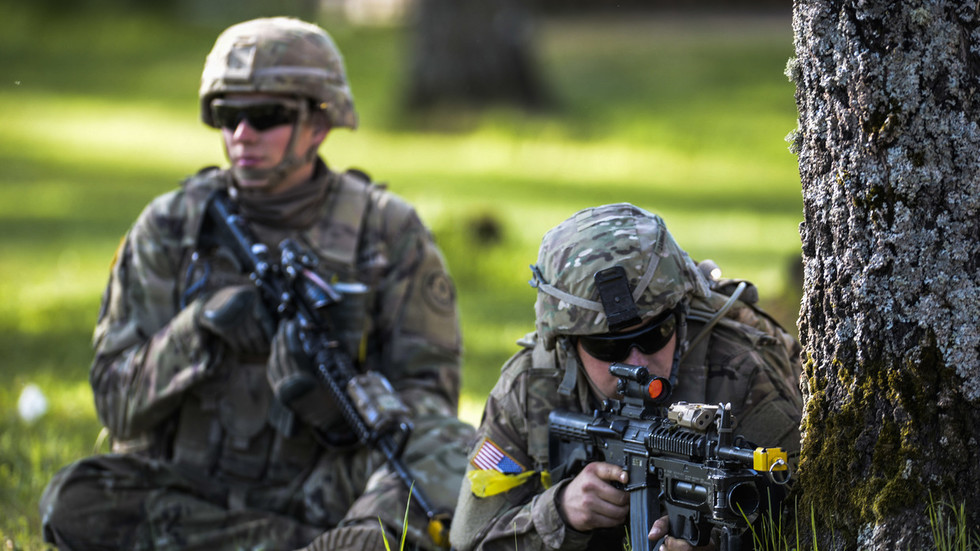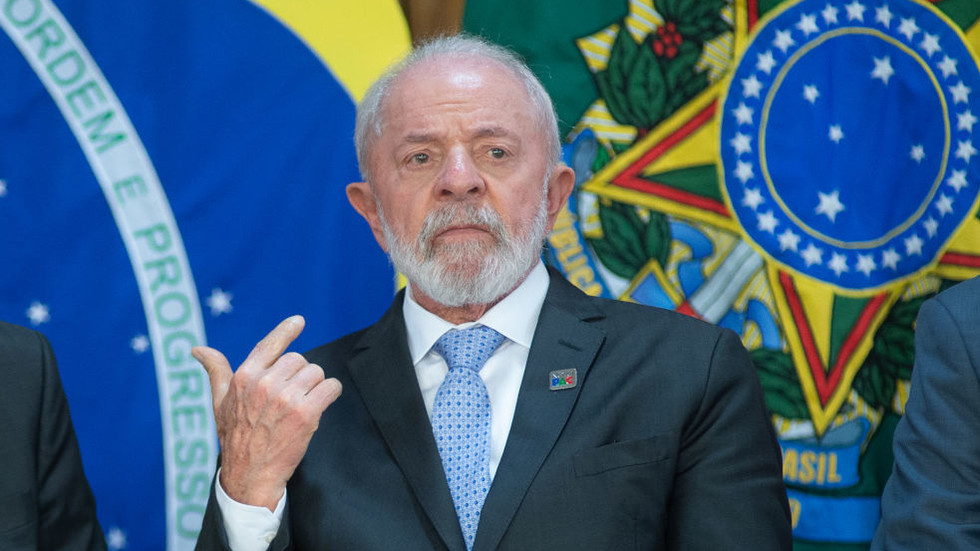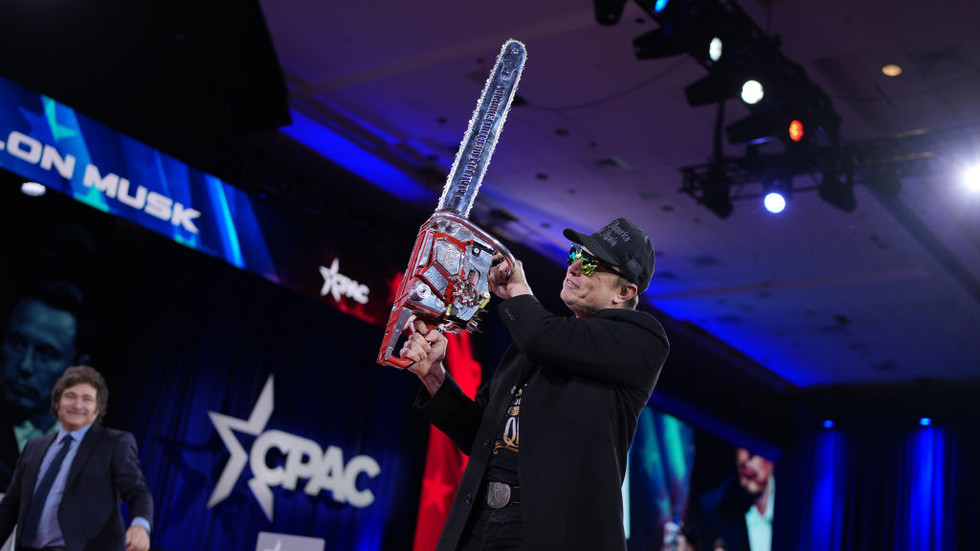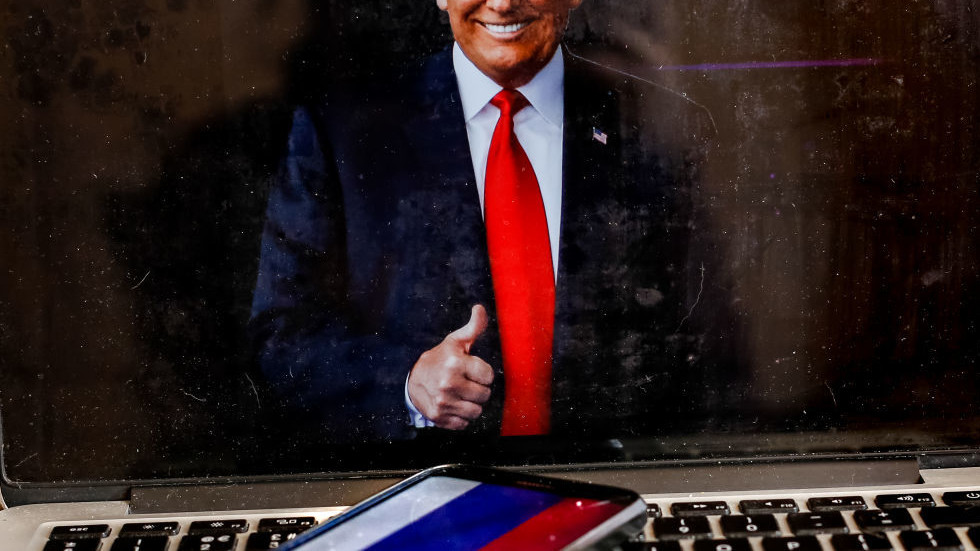OTTAWA, Ontario -- Canada is designating seven Latin American criminal organizations as terrorist entities under the country's Criminal Code, giving Canadian law enforcement another tool in the fight against fentanyl trafficking, Public Safety Minister David McGuinty said Thursday.
The list includes Mexico's Sinaloa Cartel, Jalisco New Generation Cartel and La Nueva Familia Michoacana, and was announced a day after the U.S. government formally designated eight Latin American organized crime groups as “foreign terrorist organizations.”
“The measures will help keep fentanyl off Canadian streets and from entering the United States,” McGuinty told a news conference.
The announcement was Canada's latest response to U.S. President Donald Trump 's claim that the flow of fentanyl and illegal immigration into the U.S. were behind his threats of imposing a 25% tariff on all Canadian goods – with the exception of 10% on energy.
Trump has paused the implementation of those tariffs until at least March 4.
U.S. border patrol statistics show that less than 1% of all fentanyl seized is found at the northern border. But Canadian officials have expressed a willingness to do more to combat the deadly synthetic opioid.
The other organizations designated as terrorist groups are Cartel del Golfo and Carteles Unidos, also from Mexico; Tren de Aragua, in Venezuela, and the Mara Salvatrucha, or MS-13, which started in California but became a dominant criminal force in El Salvador.
The designation effectively freezes a group’s assets and property.
“Banks and brokerages will freeze these entities' assets, which can then be the subject of seizure, restraint or forfeiture,” said McGuinty.
It is also an offense to knowingly participate in, or contribute to, any activity of a listed terrorist group.
The listing process begins with intelligence reports that indicate whether an organization has knowingly carried out, attempted to carry out, participated in or facilitated a terrorist activity.
McGuinty said listing a group as a terrorist entity follows a rigorous process that “must meet a legal threshold.”
If the public safety minister believes that threshold has been met, the minister may recommend to the federal cabinet that the organization be added to the list.
RCMP Commissioner Mike Duheme said the RCMP has intelligence indicating that crime cartels operate in Canada.
“There’s also strong intelligence that Canadians have actually moved to Mexico and South America to facilitate the transport of certain commodities into Canada,” Duheme said.
Canada recently appointed Kevin Brosseau, a former member of the RCMP and a former national security and intelligence adviser, as its fentanyl czar to help stop drugs entering the U.S.
The Canadian government has also announced it is spending $1.3 billion Canadian dollars (US$910 million) on increased border security, including new helicopters, technology and personnel.

 21 hours ago
4
21 hours ago
4









